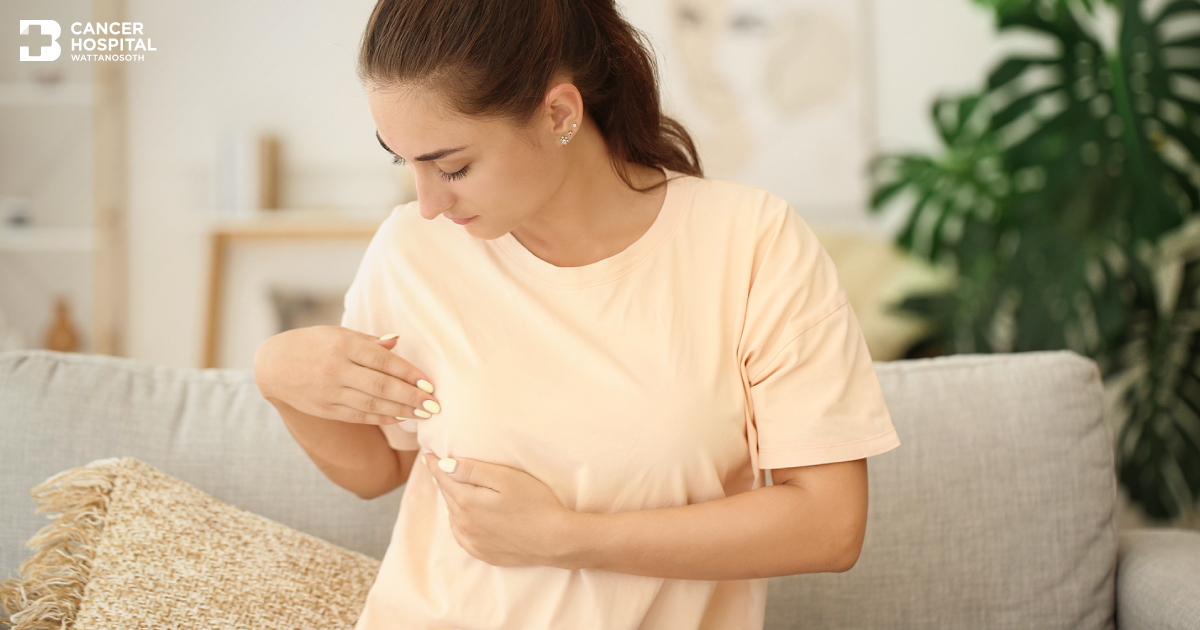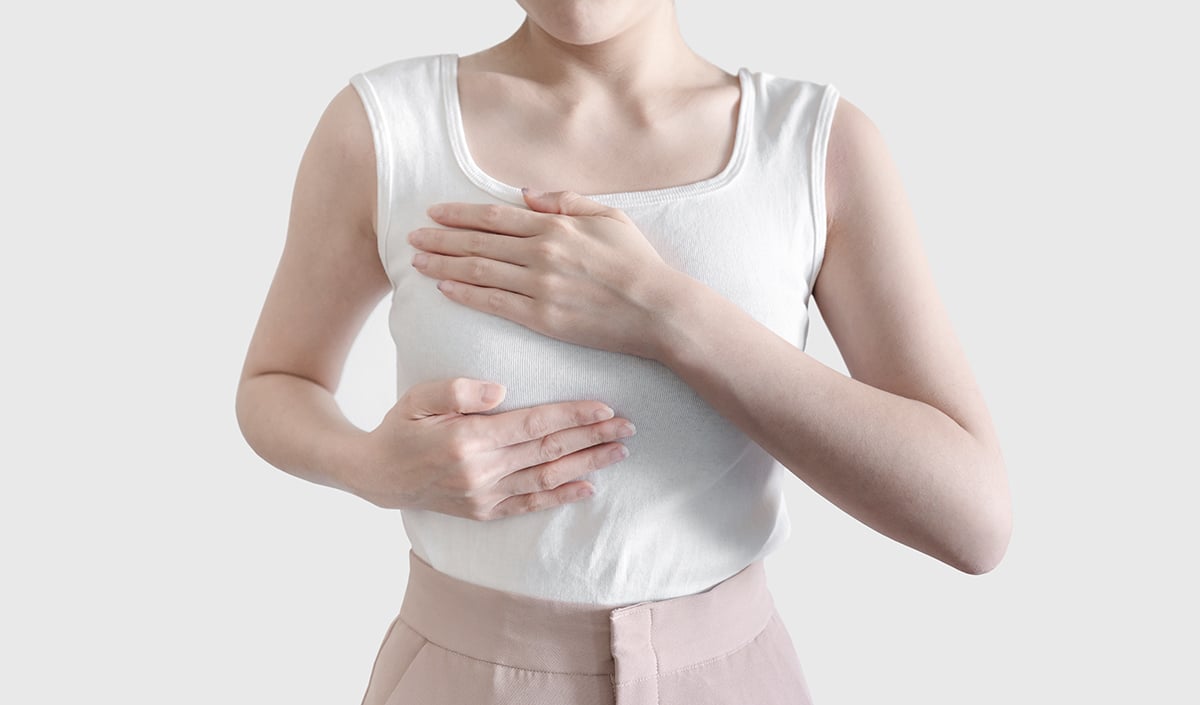
Breast Cancer: Early Detection Increases Survival Rate
Breast cancer is the most common disease for Thai women, and its trend is continually increasing. So, undoubtedly breast cancer screening is too important to be neglected. The earlier it is detected, the better the survival ratewill be.
Data from National Cancer Institute, Department of Medical Services, Ministry of Health show that breast cancer is the most common cancer in Thai women. There are 49 new cases while 13 patients die of breast cancer every day.
Who Should Be Screened, Even Without Any Symptom?
Everybody has more or less a chance of being afflicted by breast cancer, to a certain degree; but it is more so in women than men. Hence, women aged 40 and older should undergo Mammogram screening every year, even without any exhibited symptom.
Thai women generally have tighter breast tissues than their European and American counterparts. This means a white spot of cancer may be obscured by similar shade tissues. Therefore, it is recommended to combine the Mammogram with ultrasound check as early detection measures.
However, Department of Medical Services suggests that women withhigh risk of breast cancer should start early screening as follows:
Pre-Symptomatic Breast Cancer Screening Tests
- Women in General
- Mammogram screening annually starting from the age of 40. If the breast tissues are tight, the screening should be combined with ultrasound check.
- Women in High–Risk Category
- Mammogram screening annually from the age of 30. As in the general group, if the breast tissues are tight, the screening should be combined with ultrasound check also.
- Begin breast MRI screening annually from the age of 25. If MRI cannot be performed, intravenous angiography or breast ultrasoundcan be applied as a substitute.
Breast cancer screening methods can vary depending on each individual. It is recommended, though, to follow the advice of a specialist.

How Do We Know Whether We Have A High Risk or Not?
National Comprehensive Cancer Network® (NCCN®), an international cancer network that is well-recognized worldwide, has suggested breast cancer assessment guidelines for people aged 25 and older. There are many of suchassessment programs, but the most popular one is Gail Model which estimates the risk of developing breast cancer within the next 5 years and until the age of 90. This assessment is calculated based on a person’s and her family’s history and is enumerated for ease of understanding.
Moreover, there are other factors that can increase the risks of breast cancer. These can be summarized as follows:
Who Has A High Risk of Breast Cancer?
- People who have genetic breast cancer, ovarian cancer, pancreatic cancer or other related cancers in the family such as BRCA Gene Mutation.
- People who have already had abnormal proliferation of certain breast tissues from biopsy or surgery in the breast.
- People who had chest radiotherapy when they were 10-30 years old.
- People who have over 20% risk of breast cancer for the rest of their lives.
- People who have higher risk of developing invasive breast cancer within 5 years according to Gail Model.
In any case, people who know that they have a high risk of breast cancer should self-monitor for early detection and prompt treatment.
Can Men or Transgenders Have Breast Cancer?
Everyone can have breast cancer. 1 in 100 male cancer patients has breast cancer. It is recommended that you routinely check any abnormal change in your breast, rather than undergoing screening when there is no symptom. Only when you notice any anomaly, should you promptly consult a specialist.
Early Detection Increases Survival Rate
The best result for breast cancer treatment is to treat it before the symptoms becomes noticeable. 95% of early–stage cancers can be cured. Therefore, specialists recommend women undergo mammogram screeningregularly, even without any symptom, as everyone can be afflicted by breast cancer.